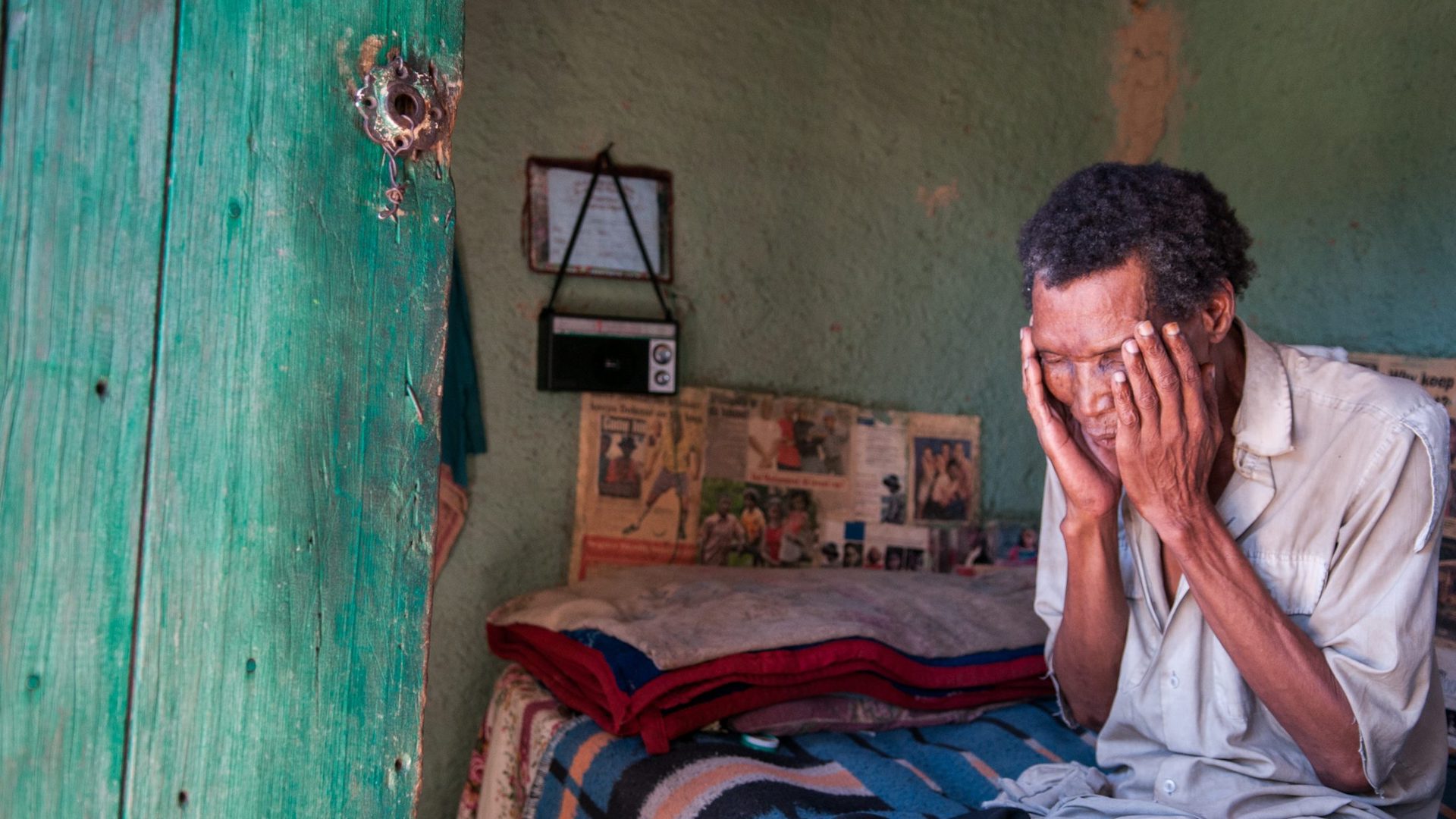
A bolt of cloth and some water. That was Bongani’s* armor. At least that’s what the witch doctor said would protect him against the voices in his head. Needless to say, the items did no such thing.
For a month now, voices that sounded like his friends and family taunted him to open up his door and come outside. They wouldn’t go away, no matter how much he cursed them and hurled insults. He was miserable and often coped by drinking his nights away.
When my group of student missionaries first met Bongani along a dusty road in South Africa, we asked if we could pray for him. He eagerly invited us into his home where we asked God to deliver him from spiritual bondage.
Afterward, we explained we were followers of Christ, who is more powerful than any spirit or demon. We promised to return the following day and left him sitting thoughtfully in a sunken armchair as afternoon sun streamed through his doorway.
A lot changed for Bongani in the week we ministered to him. Here are four things I learned about the power of the gospel as I witnessed God at work in Bongani’s life and community.
The Gospel Is Powerful Enough to Pierce Any Darkness
It was clear to me from the first conversation with Bongani that only God could bring him out of darkness. We learned he grew up in a Methodist church, but the church combines orthodox Christian beliefs with ancestor worship and consultation with witch doctors. This practice is fairly common in African cultures.
“Spiritual warfare is just as real and powerful in America.”
The spiritual forces he wrestled were powerful. All we knew to do was preach the gospel and pray for the Spirit to move in his life. We shared that Jesus has power over all spirits (Mark 5), and Jesus died to make a new path of life for all who trust in him. By God’s grace he believed, and God brought him out of a deep hopelessness.
Spiritual warfare is just as real and powerful in America, but I was reminded of how often I try to deal with it on my own instead of praying and depending on God’s power. When I see people I love listening to voices that tell them to chase toxic relationships or prosperity or comfort instead of Christ, I try to change their hearts with my own wisdom. The Lord used Bongani to point out my foolishness—only God changes hearts.
The Gospel Is Powerful Enough to Help Us Lay Aside Our Idols
When Bongani professed Jesus as Lord, he didn’t hesitate to throw out the fabric and water the witch doctor had given him. He paid good money for those things, but the gospel at work in his life gave him the strength to lay them aside.
It was not an easy sacrifice for him to make. His family, his community, and even his church taught him to hold onto his own idols and find security in both man and God. He will face difficult conversations with those who don’t understand his choice.
Recently the Lord brought me through my own time of surrender. I’ve been preparing for a two-year term of service in East Asia, which means leaving a wonderful community of faith in which I would happily stay planted.
God showed me, just as he showed Bongani, that he is worth surrendering everything. When I opened my hands and let the Lord take down my idols of comfort and control, I learned how to be satisfied in Christ alone.
The Gospel Is Powerful Enough to Bridge Deep Racial Divides
In many ways, South Africa is still reeling from the racial tension and brokenness of apartheid. But sin’s effects are not beyond God’s restorative power. Our group that ministered to Bongani was part of a larger team of volunteers who ministered in Bongani’s community.
“By God’s mercy, we laid aside racial, cultural, and generational divisions to run the race he set before us (Heb. 12:1).”
Seventy Christians from eleven churches and six different cultures united alongside a South African church to share the gospel. Our team included Africans from various cultures, along with white Americans and African-Americans.
Some in our group had never shared the gospel before. Others were veteran pastors and missionaries. We spoke five different languages. To an outsider, there were many reasons our group should have been divided.
But, by God’s mercy, we laid aside racial, cultural, and generational divisions to run the race he set before us (Heb. 12:1). We shared the gospel four hundred times, eighty-five people made professions of faith, and three home Bible studies were started.
God took a group of believers with little in common outside of faith in him and used them to bring him glory in a forgotten corner of South Africa. It gave me hope that believers in America, in the midst of our own racial tensions and divisions, can come together in a similar way. We serve the same God and are united by the same gospel. I pray God will make us one for the sake of his name.
The Gospel Gives Us Faith that God Wants to Transform Lives
No one deserves the gospel—not Bongani, not me, and not any of the billions of unreached people remaining in the world. I was in awe of God’s compassion as I stood next to a tormented town drunk who now boldly proclaims God’s story to others. Testimonies like Bongani’s should encourage us to pray boldly, give generously and send workers sacrificially for the salvation of the lost, trusting in God’s power to work in even the darkest corners of the world.
*Name changed
Stella McMillian serves with the IMB in East Asia. Her days mostly include sharing the gospel with college students and trying not to get lost in the megacity she now calls home.

